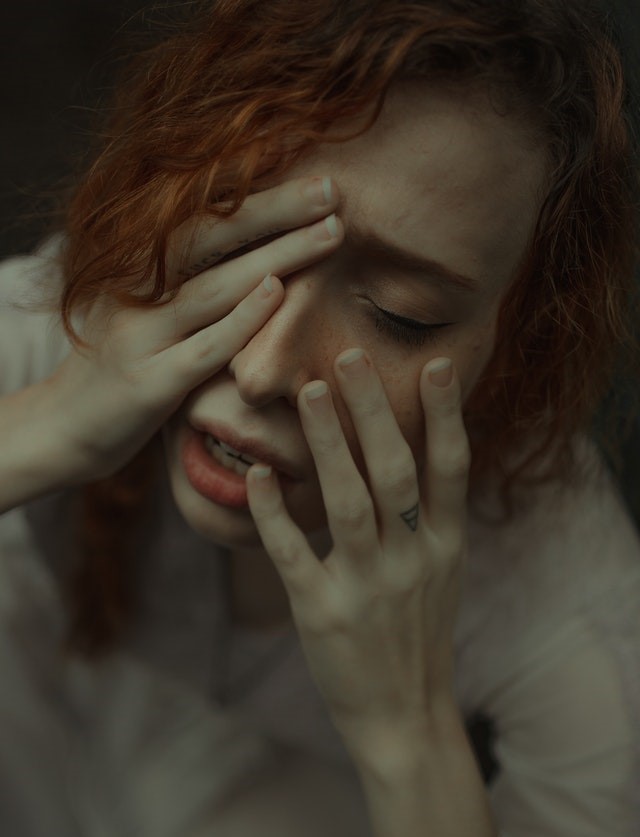Anxiety and anxiety treatments
What is anxiety?
Anxiety is defined as that natural and normal biological reaction in the body that occurs in stressful situations to which the body is subjected. The purpose of anxiety is to ensure at a biological level a state of awakening when we are faced with an imminent danger so that all physical, mental and emotional resources and efforts are mobilized to overcome or escape that danger. In other words, anxiety and fear are states that have ensured and continue to ensure the survival of the human species.
Anxiety is considered a "normal" state when the whole mind-body system works together to solve any challenge, regardless of the type of challenge, for the whole body to adapt to change. The natural and normal reaction to a major weight in life becomes a problem from a clinical point of view when the state of alertness generated by what we call anxiety becomes a permanent state, a continuous state that the body manifests. In other words, agitation and dramatization occur even in those situations where there is no need to use a significant amount of resources, whether we are talking about emotional, physical or mental resources.
Even if anxiety is a natural and normal reaction of the body in the face of major dangers or challenges, when the alert state of the type "fight or flight" characteristic of anxiety is present even in good situations and when everything is "in place", at this point, anxiety becomes a problem that requires specialized medical support. Anxiety can come in the form of anxiety disorder, acute anxiety and chronic anxiety.


Symptoms of anxiety
Within the symptoms that indicate the states of anxiety there are a lot of symptoms, both physical and mental symptoms. Among the psychic symptoms that can define anxiety we find constant worry, longer or shorter episodes of depression, insomnia or constant anxiety.
On the other hand, physical symptoms associated with anxiety include fatigue, muscle tension, muscle strain, abdominal pain, digestive problems, chest pain, pulse disorder, increased pulse, arrhythmias, excessive sweating or even headaches. All these physical symptoms are generated by the stimuli to which the physical body is subjected as a result of fears and worries about the various changes or situations that arise in our daily lives.
How do we treat anxiety?
Anxiety requires individualized psychotherapeutic treatment. The first step in treating anxiety is accepting and realizing that you need specialized help to learn how to manage anxiety. A second step is to understand that the physical symptoms of anxiety have no physical or organic causes, but are due to nervous disorders inside the body, a disorder caused by negative thoughts, fears or constant worries that lead to nervous system imbalance.
There is the option of medication treatment, but this often involves side effects of the prescribed medication. There is also treatment through psychotherapy, with different methods of psychotherapy available, and many of these types of psychotherapy are truly innovative.
